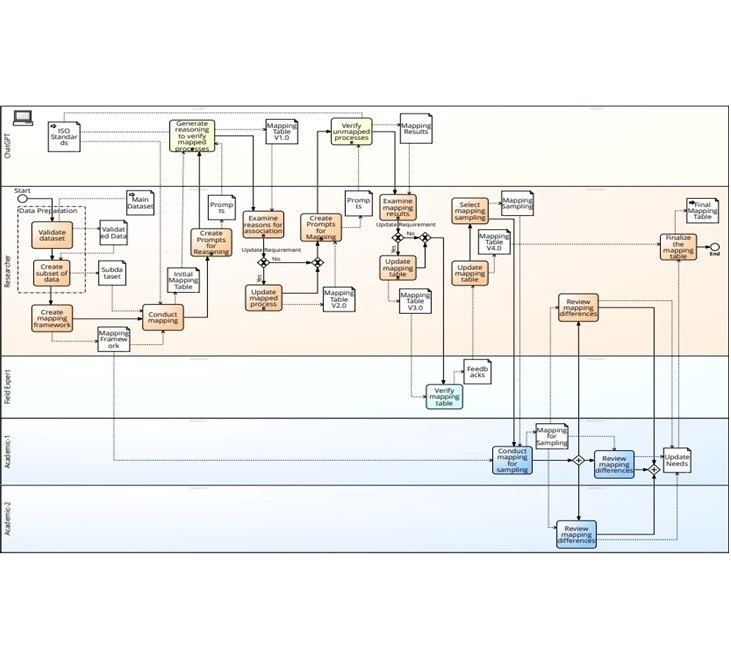M.S. Candidate: Nilay Akgül
Program: Data Informatics
Date: 01.09.2025 / 10:00
Place: B-116
Abstract: AI-integrated software systems are increasingly adopted across various domains, offering improved capabilities but also introducing unique technical challenges. Compared to traditional software systems, AI systems are more susceptible to technical debt (TD) due to inherent factors such as uncertainty, data dependency, and lack of explainability. These issues compromise long-term maintainability and reliability. Consequently, there is an increasing need for new methodological approaches to improve their reliability and maintainability. To address this, process-based international standards might offer a structured framework for identifying, tracking, and mitigating TD throughout the software lifecycle. This study investigates the relationships between TDs encountered in AI-integrated software development projects and the processes defined within ISO/IEC standards, specifically focusing on ISO/IEC 5338, as well as ISO/IEC 12207 and ISO/IEC 15288. Using a curated dataset comprising TD instances categorized into 8 main and 24 subcategories, a structured mapping methodology was applied to associate these cases with 25 standardized software processes. The mapped associations were validated by a large language model, a domain expert, and cross-checked by a senior academic to reduce subjectivity. The analyses show that TD is unevenly distributed across numerous processes, with AI Data Engineering, Quality Assurance, and System Requirements Definition showing higher occurrence frequencies. Another important finding is that standards should be interpreted holistically, acknowledging that technical processes are interconnected with other principal process domains. By employing a process-based approach, this study contributes to a deeper understanding of TD management in AI-integrated TD and supports improved system reliability and sustainability of such systems.